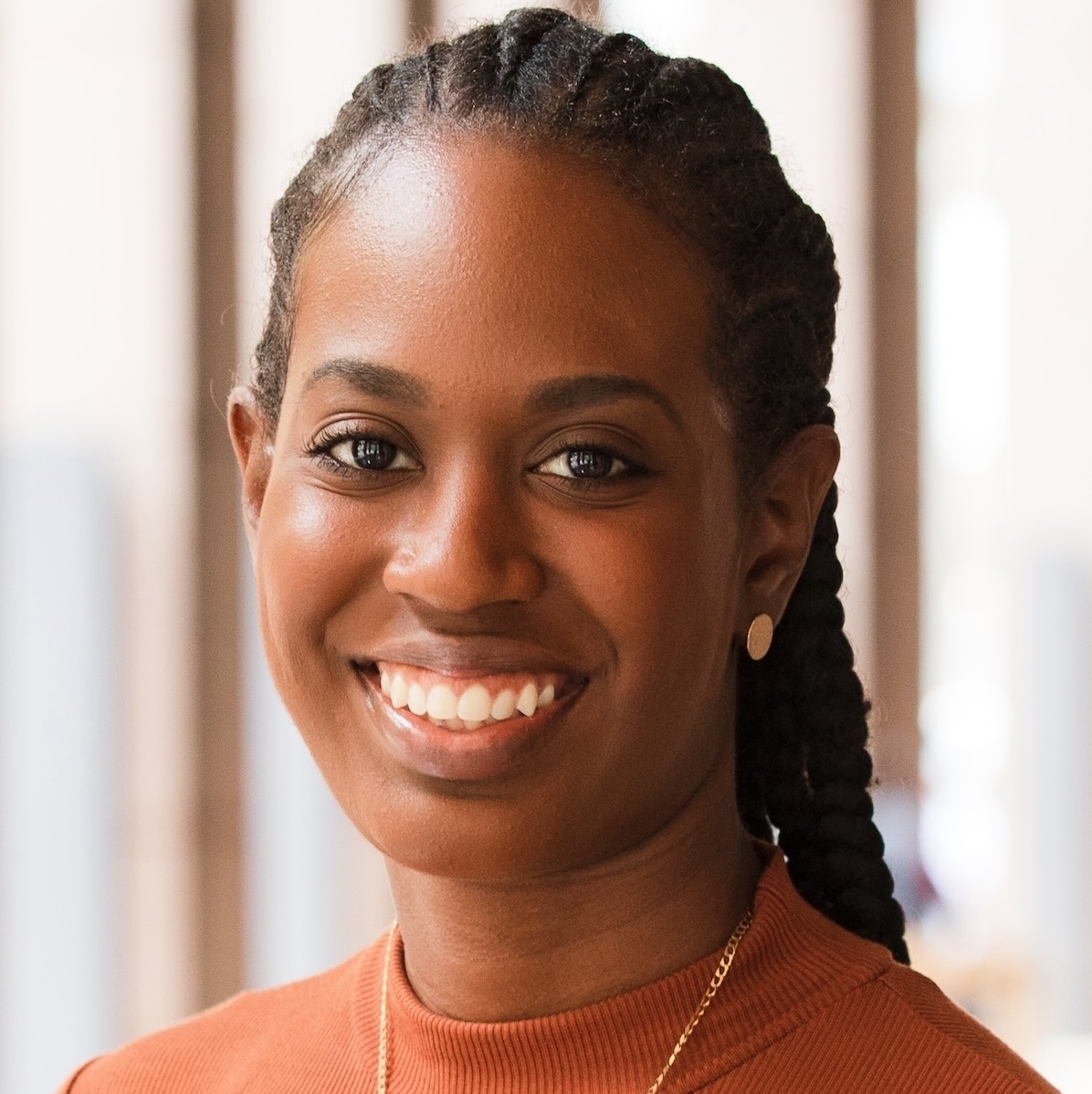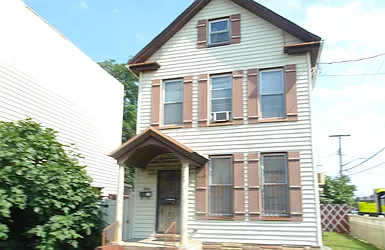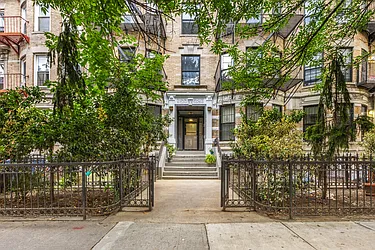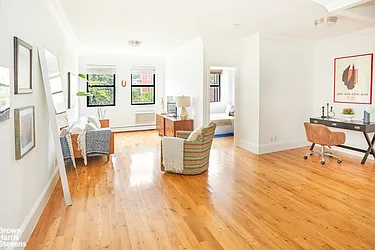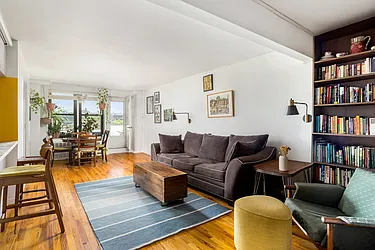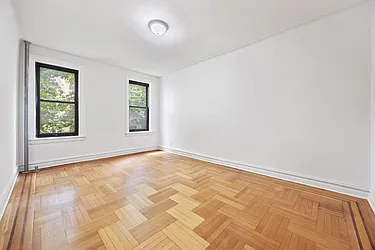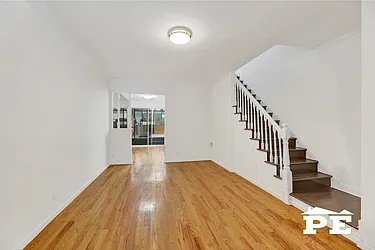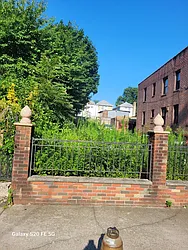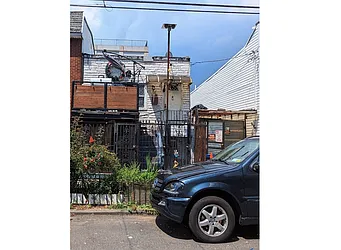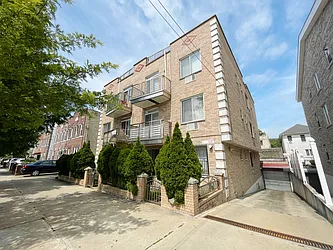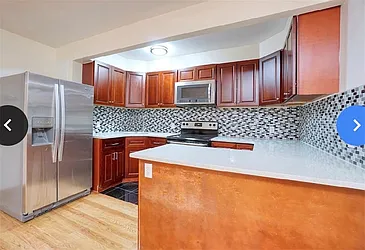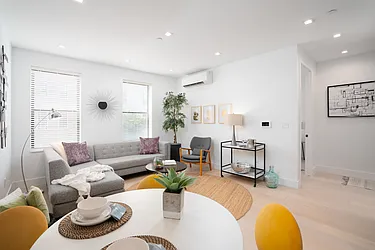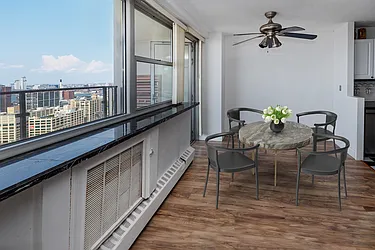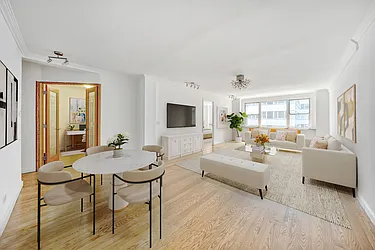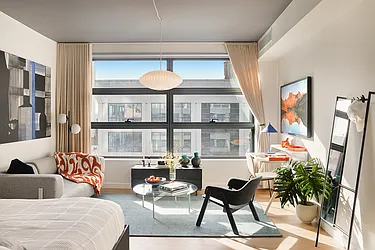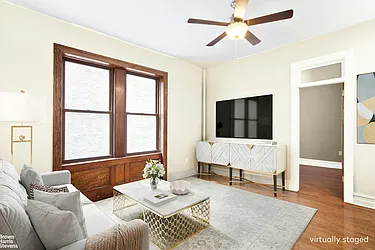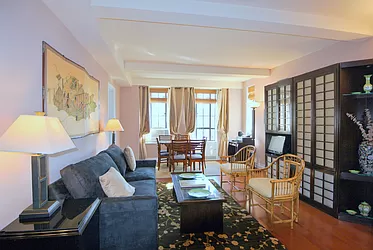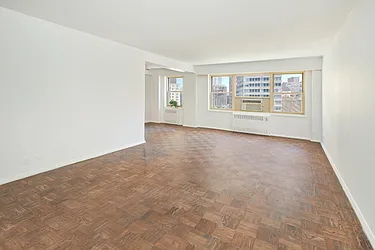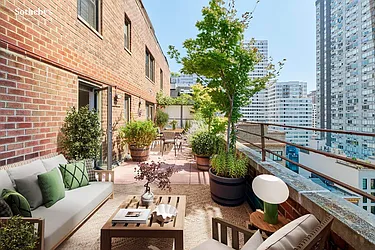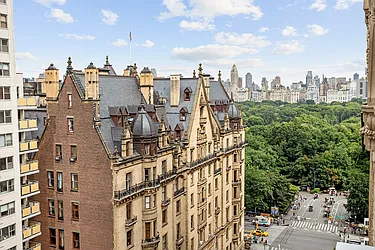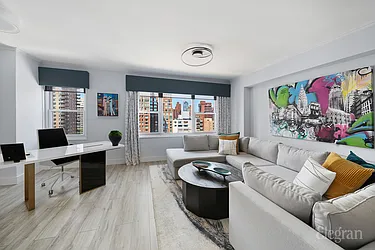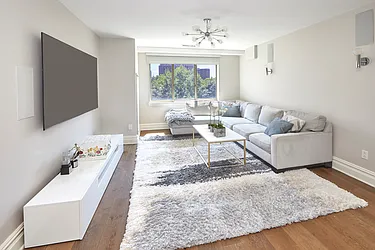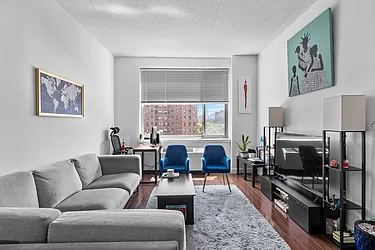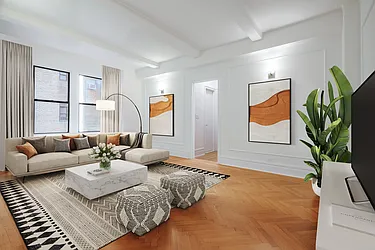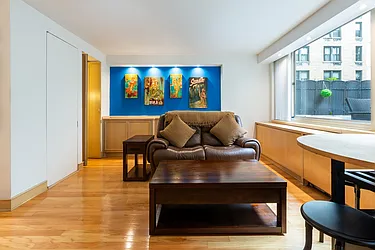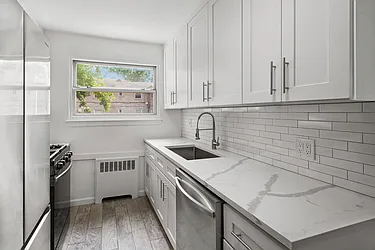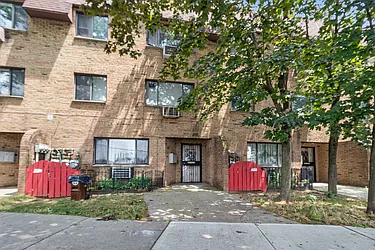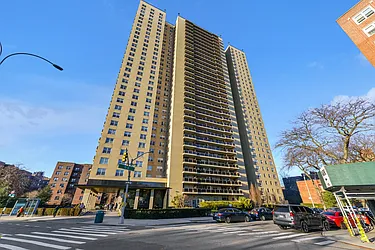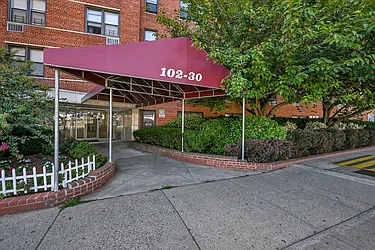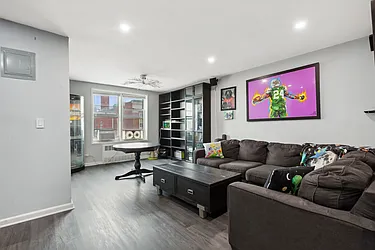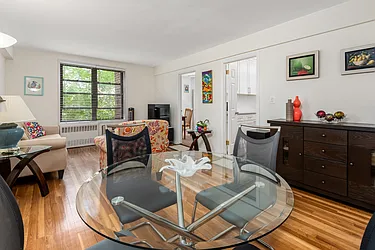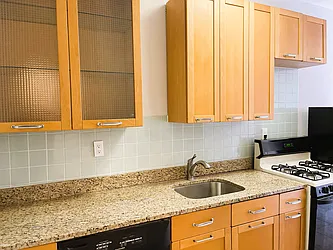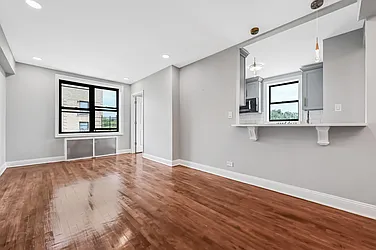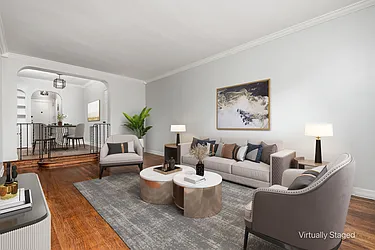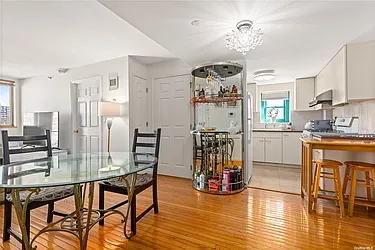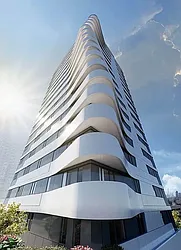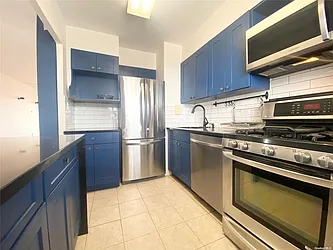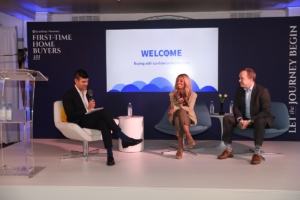You’ve found your dream home, put in an offer, had it accepted, and now it’s time to prepare for closing. Depending on the type of home you’re purchasing, you can either anticipate a fairly straightforward closing process or a heavily detailed one that could take months. Of course, many other factors can determine how long before you’re in your new home, but generally, purchases of single-family homes, townhouses, and condos have less rigorous closings than co-ops.
“The closing process for standalone houses or townhouses does not involve board approval, simplifying the process compared to co-ops,” says StreetEasy Concierge Carlo Romero. “While there may be mortgage requirements and inspections, the process is usually more streamlined for houses.”
Clarity and understanding are key to a smooth transaction so familiarizing yourself with all closing costs — including attorney fees, inspection costs, and lender fees — helps to avoid any surprises. In addition, understanding the timelines associated with closing on various property types allows you to exercise patience and ask the appropriate questions of your real estate agent, attorney, or lender throughout the process.
StreetEasy has several comprehensive guides that detail different aspects of the closing process, including a detailed explanation of closing costs, how long it takes to close, and more. Read on to learn how the process varies between condos, co-ops, and houses.
Applications
If you plan on financing your home (like most people do), you’ll need to fill out a mortgage application, regardless of the property type. Your lender will want to verify your identity with your Social Security number and government-issued identification. You’ll likely also be required to provide documents that prove your income, employment, and assets. These can include tax returns, pay stubs, W2s or 1099 forms, bank statements, and snapshots of your investment portfolios. Your lender may also want to see proof of on-time rental payments if you’re a first-time buyer.
After submitting your application, your lender will take several days to review the information and determine your loan estimate, which will detail your interest rate, term length, monthly payment amount, escrow information, and closing costs details. Upon accepting your loan offer, the lender will begin underwriting the loan before giving the final approval.
Thinking about buying in NYC? Chat with our complimentary, licensed Concierge to learn about the buying process.
Board Approvals
Co-ops make up a majority of Manhattan’s apartment stock and are an integral part of the city’s housing. They’re also unique in that buying a co-op differs significantly from buying other types of real estate. Co-op buyers purchase shares of a cooperative, and that co-op owns the building. The bigger your unit, the more shares in the co-op you own. As such, co-op purchases require approval from the building’s board and have their own applications that vary by building.
“One of the significant distinctions in co-op closings is the requirement for board approval,” says Romero. “Prospective buyers must submit detailed applications, financial statements, and undergo a rigorous approval process by the co-op board.” The process for purchasing a co-op can seem invasive and extensive, but the trade-off is that co-ops are usually less expensive than condos.
Brooklyn Homes Under $850K On StreetEasy Article continues below
“Every building has their own application that is usually made by management,” explains Georgia Kaporis, a StreetEasy Expert and real estate agent at Douglas Elliman. “There are some standard forms that every application has — like New York State disclosures — and then extra forms based on what the specific building requires.” Most co-op boards will also request both personal and professional letters of reference and financial statements, and require an interview before the closing can proceed.
For condos, the approval process is far less complicated. The application might ask questions pertaining to the proposed transaction, like the sale price and down payment amount, basic information about all parties involved in the transaction, who will be living in the apartment, and maybe some residence and employment history questions.
With townhouses, single-family, and multi-family homes, there’s no need for any approval other than that of your mortgage lender to ensure the property is habitable, as some conventional mortgages will not finance a home that could be deemed unsafe. It’s best to check with your lender to see what’s required for the closing to move forward.
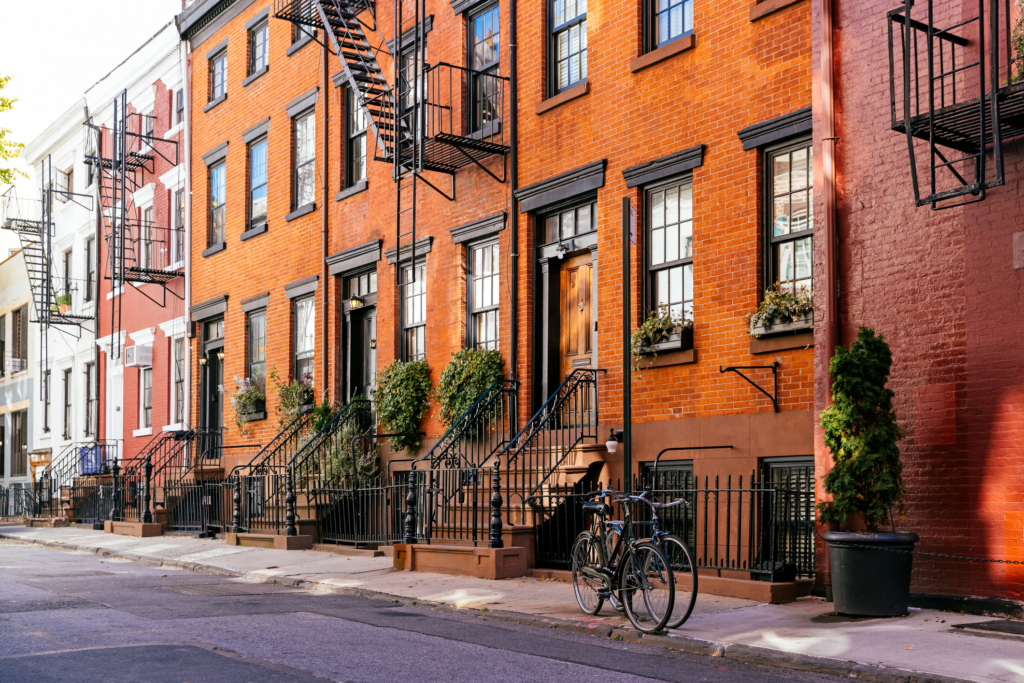
Closing Costs
Closing costs are taxes and fees associated with acquiring a mortgage and buying a home. They cover things like mortgage taxes, bank attorney fees, title-related costs (such as transfer taxes and title insurance), and the NYC mansion tax for homes priced above $1 million. Both the buyer and the seller will pay closing costs.
If you’re purchasing a condo or townhouse, a mortgage recording tax will be part of your buyer closing costs. This is the fee associated with registering a mortgage with the state of New York. It also encompasses title insurance, which protects buyers from debt, liens, and any other claims against previous owners of the property.
Manhattan Homes Under $1M on StreetEasy Article continues below
All resale transactions in NYC incur a transfer tax that is paid by the seller, which varies depending on the purchase price. Other seller’s closing costs include their attorney’s fees.
The total amount the buyer will pay in closing costs largely depends on the property type and price of the home but a good rule of thumb is to be prepared to spend between 2-5% of the purchase price in closing costs, and even more for homes over $1 million.
Timeframe
With so many factors involved, it’s impossible to say with certainty how long the closing process will take, but generally you can expect no shorter than 30 days.
“Most buildings give themselves 30 days to review your application, from the time it is submitted,” says Kaporis. “If you’re paying all cash, you might be able to nudge management to review your application quicker and close in as quick as 30 days, but if you’re financing, your mortgage commitment letter (issued by your lender) alone could take around 30 to 45 days.”
It’s best to expect the closing process to take at least two months. If you’re purchasing a co-op, this could stretch even longer. Closing day surprises, such as an unexpected leak or other issue, can hold up the process. Applications with missing or incorrect information can also cause hiccups at closing time.
Queens Homes Under $850K On StreetEasy Article continues below
Working with a Buyer’s Agent
Buyer’s agents are invaluable when purchasing property in NYC and highly recommended to have on your side when closing on a home. From providing real estate comparables — or “comps” — and helping you negotiate to preparing you for co-op board interviews and giving valuable market insight, buyer’s agents can help alleviate some of the stress associated with the home-buying process.
“Buying a property is one of the biggest things you can do and it can be an emotional process. Sometimes, when things are emotional, it’s very hard to make good and clear decisions,” notes Kaporis. “One of the benefits of having a buyer’s agent is that you have someone in your corner who isn’t making decisions based on emotions.”
StreetEasy Experts are members of our network of licensed real estate agents who have experience helping buyers purchase homes in the building, neighborhood, or type of unit you’re interested in. They all have thorough knowledge of the closing process and how it differs by home type. Reach out to our StreetEasy Concierge below to get matched with the right buyer’s agent to help you in your quest toward home ownership.
Buying a home in NYC? Our complimentary licensed Concierge will match you with a top buyer’s agent.
StreetEasy is an assumed name of Zillow, Inc. which has a real estate brokerage license in all 50 states and D.C. See real estate licenses. StreetEasy Concierge team members are real estate licensees, however they are not your agents or providing real estate brokerage services on your behalf. StreetEasy does not intend to interfere with any agency agreement you may have with a real estate professional or solicit your business if you are already under contract to purchase or sell property.

